

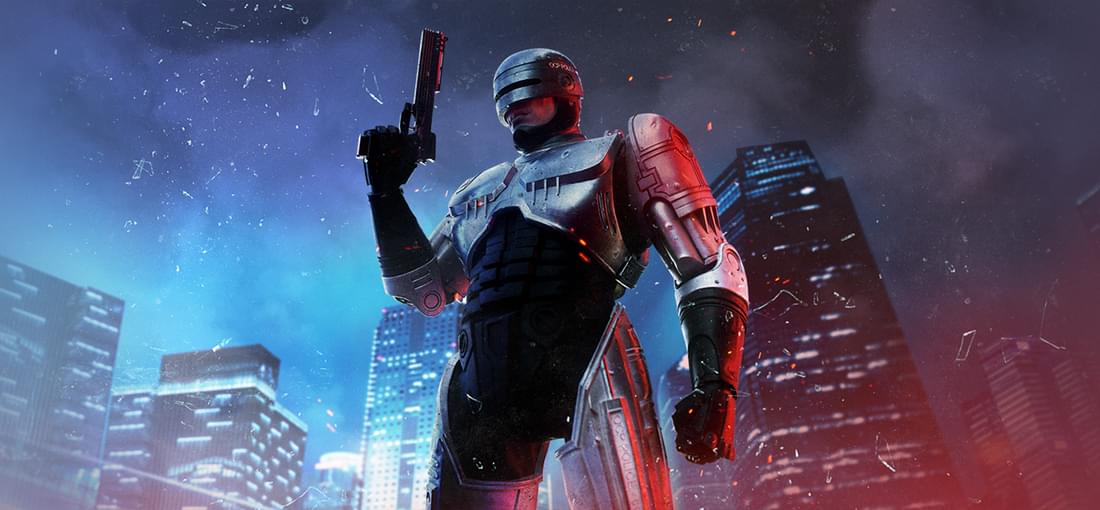
Gunplay has little variety, and enemy variety is minimal. While the replay value is nonexistant, the story and extra side missions are excellent and worth playing through. Would only recommend on sale, but the sale is usually discounted at a high percentage, making it an easy recommendation.
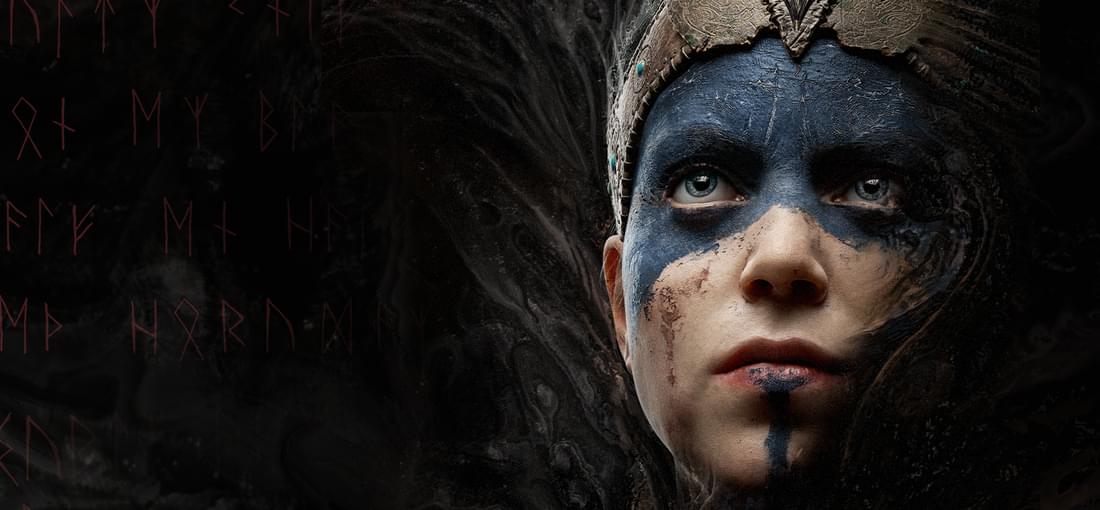
I might be bias considering I had chronic panic attacks from the age of 9-17. They often lasted between 9pm-4am and made school nights very rough. I state this because the devs took the easiest route to represent mental illness: hearing voices and seeing falsehoods. They aren't consistent with the behaviors, making it an annoyance instead of a true challenge for the player. Just imagine a hot microphone obviously clipping (which used to mean poor production value), and have multiple voices in both ear channels. It's basically light ASMR. I felt like they used a woman for the sole purpose of making people feel sympathy for the character. They often used up close camera shots so you could see her emotions, but did the classic technique of never revealing her thoughts until they wanted you to hear a trigger emotion. Considering this was all done in mo-cap, this isn't as impressive as some believe. Many games use mo-cap, but they don't dwell on the expression of emotions as much as this game attempts. The worst part is the game's attempt at an ending. There is no ending except the statement of having to cope with mental illness. It's dumb, pretty, and a waste of your time.
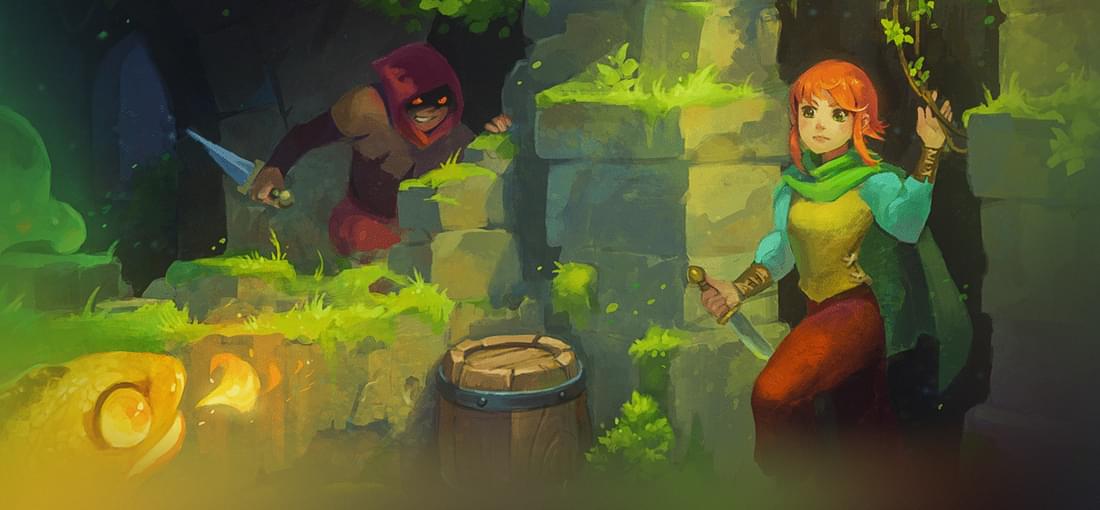
TL,DR: The final boss is a fight between Elixirs, not player skill. The boss almost entirely removes any advantage 3 Classes rely on and is a slap to the face for anyone wanting a fair fight. TangleDeep does several things correctly in the Rogue-Like genre. The majority of enemies are fair and don't rely on gimmicks to beat. Enemies continuously spawn on the floor you're on, allowing for safe farming. Each Class has a specific method to beat enemies and the skills compliment that task very well (Such as the Brigand's heavy reliance on using Smoke Bomb to avoid damage while setting up Critical Strike combos.) Where it fails is long term progression completely ends by the time you've reached the 8th floor out of 20. The big selling point of the Class system is the ability to take skills from other classes and mix them with your current class. However, very few Classes gain a significant boost from each other aside from the obvious ones like the Monk's ability to avoid being stunned or take a critical hit. I'm still struggling to see a point when the Sword Dancer is useful to any Class...including it's own Class. Equipment becomes a bigger problem when you have very few item types to find. Most classes have about 6 tiers of weapon progression and 5 tiers of armor. This means a good chunk of your success is reliant on grinding for loot instead of reaching equipment thresholds in traditional RPGs. To make matters worse, all weapon and armor tiers are eligible to drop on every floor, meaning you have way more grinding to get top tier gear than you should, let alone get decent mods on them. I liked the game overall, but the process you need to complete the final boss is annoying and lazy. It kind of ruins the game. The boss will do around 300 damage and ignore Parry stats, making several classes worthless. I can only recommend the game when on sale for around $5. The DLC is not worth getting because it adds little to the core game. Many mechanics were an afterthought.
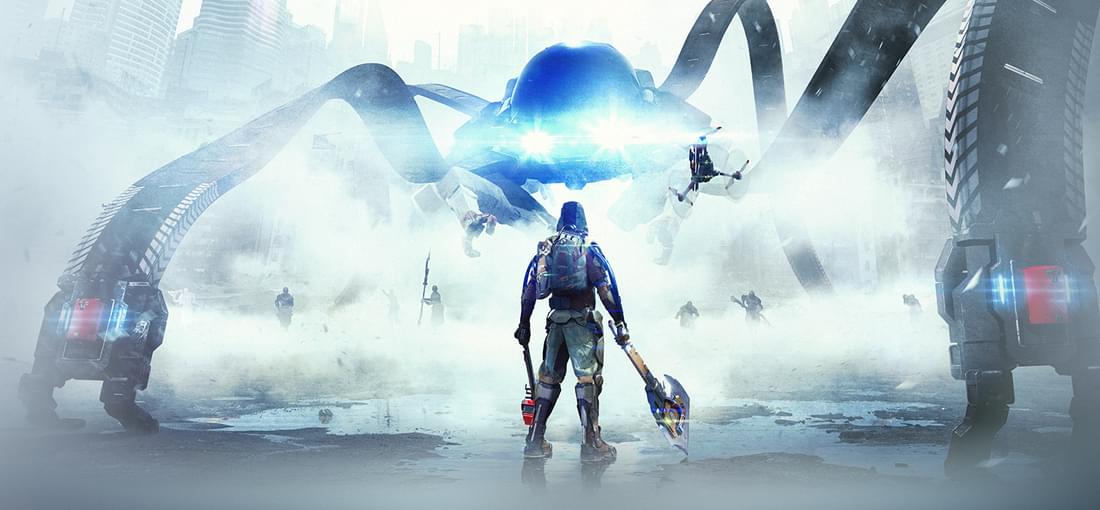
The game feels rushed. The enemies hit harder, you do less damage, and you have very few means to improve your character in comparison to the first Surge. To highlight the stark difference between the two games, you'll have the ability to get three full armor sets and several weapons before fighting the first boss in Surge 1. In Surge 2, you get only two weapons, and they aren't effective weapons to fight the first boss. The environments are brighter and more open, but they aren't inherently better. You'll still encounter traps where you'll get swarmed by enemies in tight corridors. It'll just look prettier when you die to cheap and unfair tactics. My main complaint is they didn't fix the stun mechanic. I hated how the enemy can stun you hard but you couldn't do the same to them. They 'fixed' this issue in Surge 2 by enabling a Parry mechanic that isn't reliable to pull off. If you botch the parry, you lose all your stamina and open yourself up to a full combo, which will likely kill you. The risk versus reward isn't there, so I stopped Parrying and used the evasion feature like I did in Surge 1. In summary, it's more of the same as the first game but harder and most importantly, more annoying.
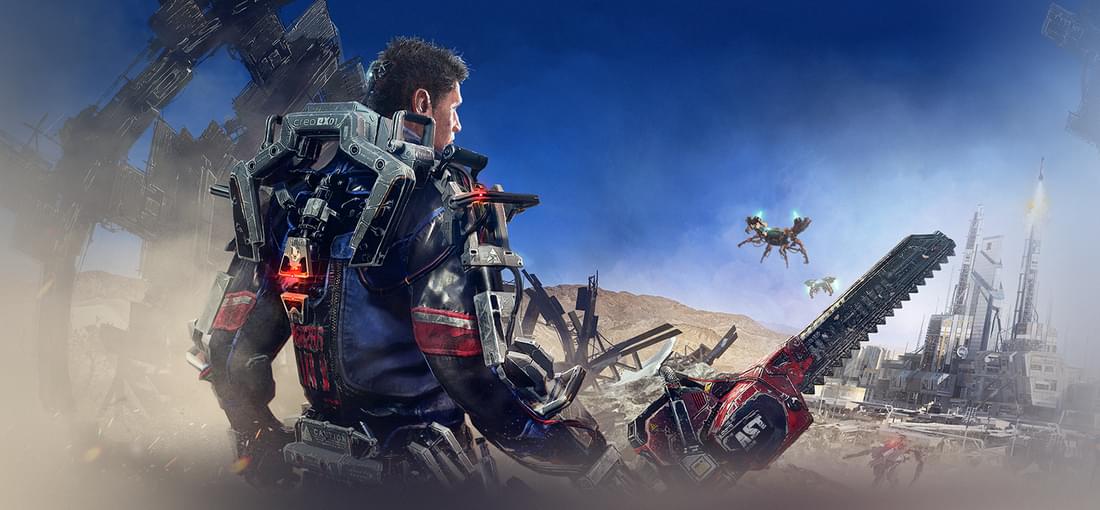
Short Synopsis: Starts out strong, then quickly regresses to it's Dark Souls roots. The game's biggest flaw is the stability system. You are taught at the start to rely on using heavy weapons if you want to chip large chunks of stability from the enemy for stunning purposes. The stunning system becomes useless at the start of area 2 when enemies are 'stunned' for about half a second or sometimes just ignore being stunned so they can finish a combo attack. Altogether, their own system negates 1/2 of the effective weapons to encourage a 'hit and run' style of play. I mean, look at the GOG Achievement percentages. Only 30% completed the second area when exposed to this frustrating game design. Eventually you can overcome it by leveling up your weapon skill and flatout one-shotting the enemy so they can't kill you through cheating, but is that really beating the opponent at that point? Once you get past that failure, the ubermench show up with unlimited stamina. You'll be attacked with 6 hit combos and not enough stamina to block it all. It just cements the fact the game behaves like Dark Souls where you get a bunch of options but only a few are worth having and the rest are there for 'a good challenge'. Just use the Spear or Claws and you'll win most of the time. The map system of relying on signs is tolerable. The majority of travel points are secret pathways, so some areas will be needlessly maze-like. The bosses are really easy, and I'm not even an expert at Dark Soul style games. Finally, the progression of the story is badly done. I get it; escape science lab/private military base, but why am I fighting a constructor bot chilling by the rails? I legit paid attention with nothing to distract me and there were many times I was befuddled with weird decisions I had to make. Will a game ever be able use the combat style of Dark Souls while removing the awful design pattern of memorizing every enemy animation? I'd like that a lot. Score: 5/10 (5 being average)
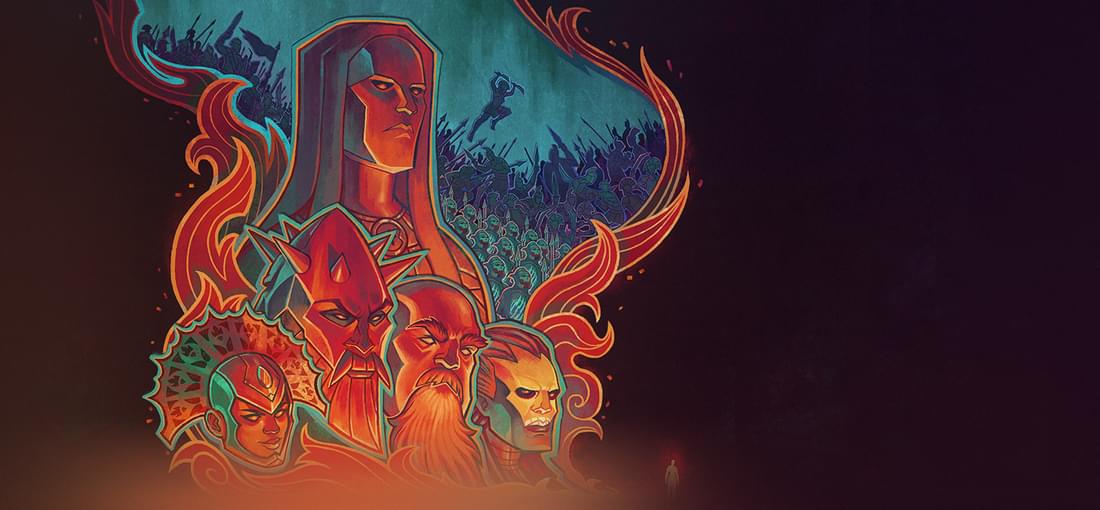
I played this game on Steam This is another game that greatly exaggerates your ability to make decisions. Oh wow, I am reminded I helped the Disfavored; what a significant and meaningful impact *Sarcasm* The majority of the time, the change in your personal decision changes who you fight and rarely changes important events. I don't recommend you get the game if that is the main selling point to you because you will see how meaningless the decisions are. The game uses a simple plus and minus system to enable or disable certain perks gained through reputation. It is a nice add-on that doesn't make too much sense considering you should only be able to gain those powers when yielding to the master of those factions as described in the lore. The combat is a joke. It uses a d100 system and compares your attack to someone's defense. This would be meaningful but it is based on a d100 scale, making the stat increases you get very minor in helping you succeed. You'll need 20-30 points higher than an opponent to really benefit and even then, that isn't enough to limit getting destroyed by luck. Every encounter is more or less based on number of attacks than skill. Realizing this, it limits your Skill choices if you want to succeed with a higher difficulty. Even with all those negatives, it is still a Baldur's Gate style game and doesn't deviate too much from that style of gameplay. If you play it with that mindset, you'll enjoy it. Just heed the warning that it isn't really as advertised.
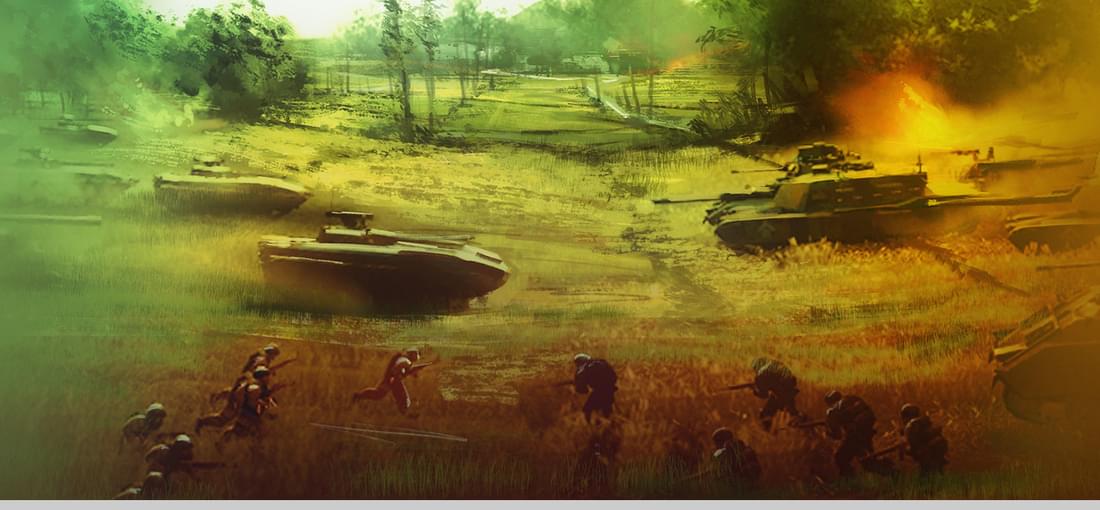
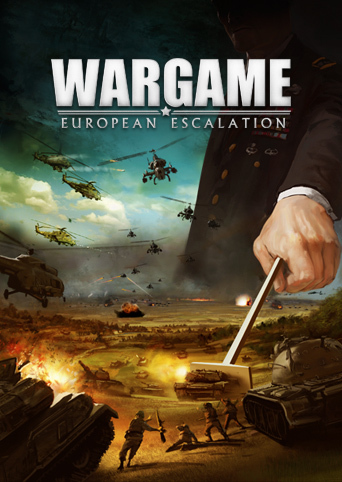
Disclaimer: All the DRM-Free features people mention for the game is standard on the Steam edition. You can launch the game outside of Steam and play the Single Player campaign. It requires registering an account to FOCUS for multiplayer, even if you don't want to play ranked matches. Not truly DRM-Free at all and should be corrected by GOG to reflect those facts. For the actual game portion, Wargame is the best Beer & Pretzels game I've ever played, in physical format or digital. It's an active RTS game with battlefield awareness and stacking the deck in your favor as primary gameplay elements. All the units are fragile with the majority of units having different ways of destroying everyone, though their weapons for the specific unit may not be the best in performing that task reliably due to weapon range and Accuracy rating dictating the chance to hit. With every unit being so easy to kill, positioning helps to alleviate the luck portion of chance to be hit, and this game does that well. They have forests, cliffs, [insert type of visual barrier], to limit line of sight. The great part of this feature in the game is not only does it help the player using the terrain to their advantage, it also hurts them by limiting their own vision. For example, if entering a dense forest, the unit's vision decreases a lot ahead of them until they reach the edge of the forest on the other side. Same applies to artillery, so events like enemies accidentally meeting each other in the forest can happen or encountering the enemy just as you reveal yourself at the edge of the forest can occur. It fair, it's balanced around the reality of war, it rewards using real war tactics. Visually it isn't OMG amazing, but it passes the VASSAL game engine test, which is good enough for me.